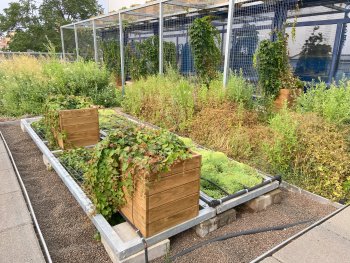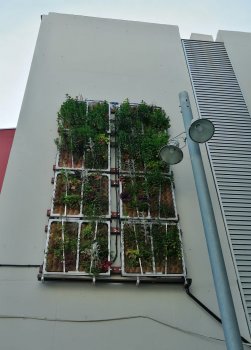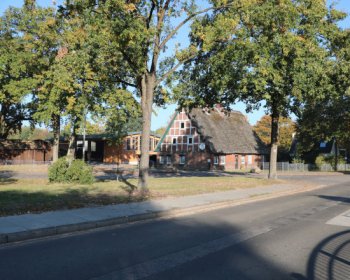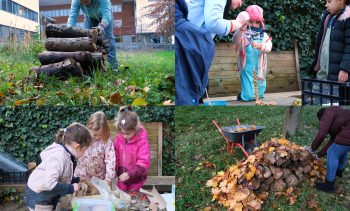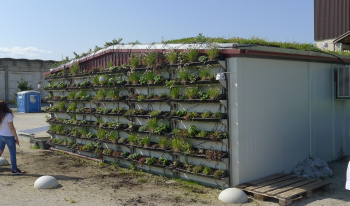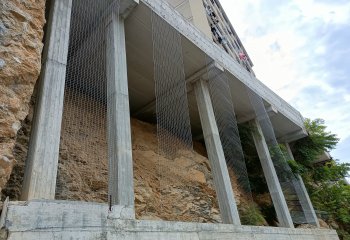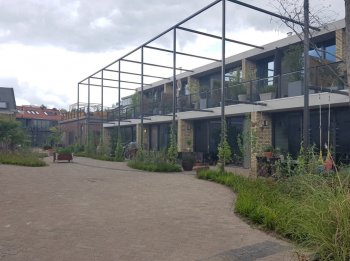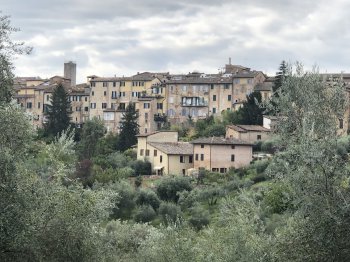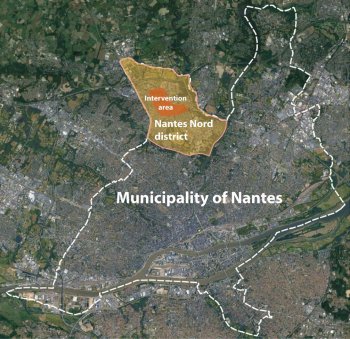Nature-Based Solutions in schools: a green way to adapt buildings to climate change in Solana de los Barros, Extremadura (Spain)
The overall objective of the implemented NbS is to contribute to increasing the resilience of buildings used for education in the Extremadura region to the increasingly frequent periods of heat and water scarcity caused by climate change in southern European countries, improving the well-being of students and staff working in this type of buildings.
To achieve this general objective, this case study pursues a number of specific objectives:
- Improving the knowledge of NbS at building level.
- Analysing the cost-benefit of NbS as climate adaptation tools. ...

